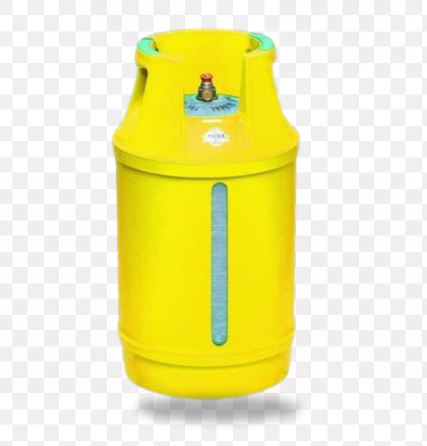Understanding Assembled Cylinders: An In-Depth Guide
Introduction to Assembled Cylinders
Assembled cylinders are pre-fabricated components used in various industries, offering convenience and efficiency by combining multiple parts into one unit.
What Is an Assembled Cylinder?
An assembled cylinder is a complete, ready-to-use cylinder unit created by combining individual parts or components into a single functional piece.
Benefits of Assembled Cylinders
- Simplified Installation: Pre-assembled cylinders reduce installation time and complexity, offering a more straightforward solution for various applications.
- Improved Quality Control: Assembled cylinders are manufactured under strict quality standards, ensuring consistent performance and reliability in their intended use.
- Cost Efficiency: Reduces labor and manufacturing costs by minimizing the number of assembly steps required on-site or during production.
Applications of Assembled Cylinders
- Industrial Use: Commonly used in manufacturing and machinery for hydraulic or pneumatic systems, providing reliable and efficient performance in various settings.
- Automotive Industry: Utilized in automotive components, such as engines and braking systems, to ensure durability and high performance in demanding conditions.
- Construction Sector: Employed in construction equipment and machinery, enhancing operational efficiency and reliability on job sites.
Components of an Assembled Cylinder
- Cylinder Barrel: The main body of the cylinder, housing the internal components and providing structural support for the overall unit.
- Piston: Moves within the barrel to perform the intended mechanical work, such as lifting, pressing, or actuating components.
- End Caps: Seal the ends of the cylinder, securing the internal components and preventing leaks or contamination.
Selecting the Right Assembled Cylinder
- Determine Application Needs: Assess the specific requirements of your application, including pressure, size, and load capacity, to select an appropriate cylinder.
- Review Material Specifications: Choose a cylinder made from materials that meet the durability and performance standards required for your intended use.
- Consider Manufacturer Reputation: Opt for assembled cylinders from reputable manufacturers known for quality and reliability to ensure optimal performance and longevity.
Installation of Assembled Cylinders
- Site Preparation: Ensure the installation area is prepared and free from obstructions, allowing for easy placement and secure mounting of the cylinder.
- Proper Alignment: Align the assembled cylinder correctly with existing equipment or systems to ensure smooth operation and prevent potential issues.
- Connection and Testing: Connect the cylinder to the necessary systems, perform tests to verify functionality, and make adjustments as needed for optimal performance.
Maintenance of Assembled Cylinders
- Routine Inspections: Regularly inspect the assembled cylinder for signs of wear, damage, or leaks, addressing any issues promptly to maintain reliability.
- Lubrication and Cleaning: Keep the cylinder properly lubricated and clean to ensure smooth operation and extend its operational life.
- Performance Monitoring: Monitor the performance of the assembled cylinder to detect any deviations from normal operation and take corrective actions as necessary.
Advantages of Using Assembled Cylinders
- Reduced Downtime: Quick installation and reliable performance reduce operational downtime and improve overall efficiency in various applications.
- Enhanced Reliability: Consistent quality and precision in manufacturing lead to dependable performance and fewer operational issues.
- Flexibility in Applications: Assembled cylinders can be customized for specific needs, providing versatile solutions across different industries and applications.
Conclusion
Assembled cylinders offer a practical and efficient solution for many industrial, automotive, and construction applications. Their ease of installation, cost-effectiveness, and reliability make them valuable components in modern engineering and manufacturing.
